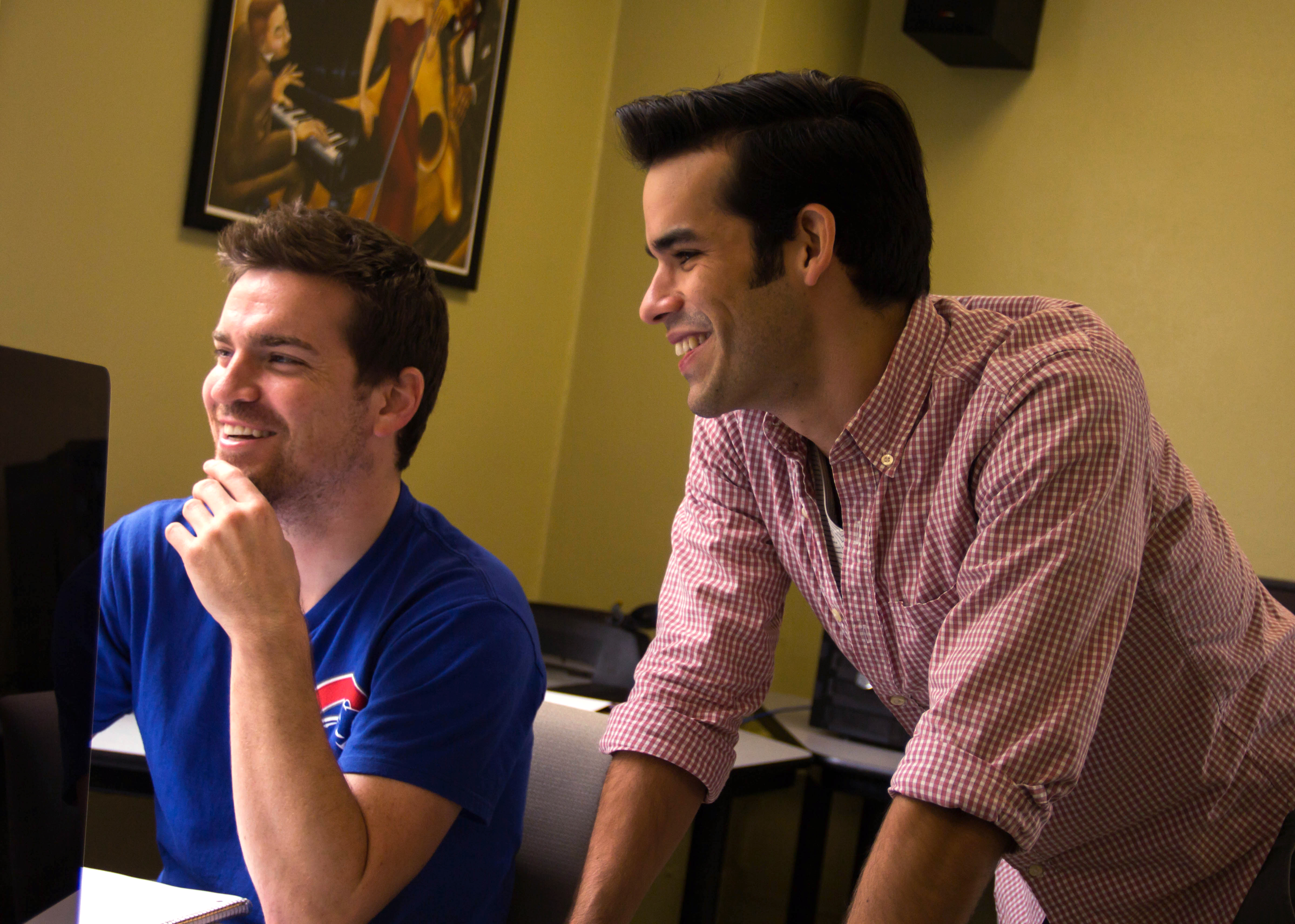If you’re reading this, it’s likely that you’ve already heard about the importance of managing your web presence. Often, the issue is presented as a warning about the damage “inappropriate” photos or posts on social media can do as you seek to enter (or remain in) a profession. In this sense, managing your web presence is approached as a negative. That is, it’s framed as the absence or the removal of information that could hurt your professional ethos.
At the DWRL’s Web Presence Workshop held on Friday, September 23, we touched on the idea of cleaning up our social media accounts, but the conversation emphasized the positive elements of web presence. That is, the focus was on the information from and about us that we intend for others to find online. To this end, we discussed a key part of crafting a professional, rhetorically effective online presence: the professional website.
As mentioned at the workshop on project management, DWRL members should have a website ready to go by October 7. On Friday, we talked more about the benefits of creating and maintaining a site. For instance, if done well such a website can:
- Situate “an authorized” version of ourselves in optimized search engine results
- Provide access to our work as both teachers and scholars
- Demonstrate our (digital) rhetorical savvy
- Give us an opportunity to learn and practice computer skills
- Serve a pedagogical function, such as housing course materials and providing a space for student interactions
In addition to potential benefits, we looked at the websites of DWRL members and identified a handful of fundamental components:
- An introduction
- CV (html and pdf versions)
- Research interests
- Portfolio
- Teaching philosophy
- Contact information
Although these components are important, how they’re presented is a consideration. The content/form dynamic isn’t new to rhetoric studies, but the issue of website layout adds another dimension to the discussion. Even if we know what (ideally) goes in a CV and we’re familiar with the accompanying genre conventions, we still need to think about how/where we want that information displayed on our website and what such decisions might say about who we are. To that end, the second half of the workshop was spent with DWRL members testing out different design themes.

There’s obviously no universal way to effectively design a website, but such complexity reminds us how considerations necessarily emerge when we interact with any technology to make meaning. It perhaps shouldn’t be a surprise, then, that creating and maintaining a website is a rhetorical process–which is something we should know (and continue to learn) a thing or two about.


